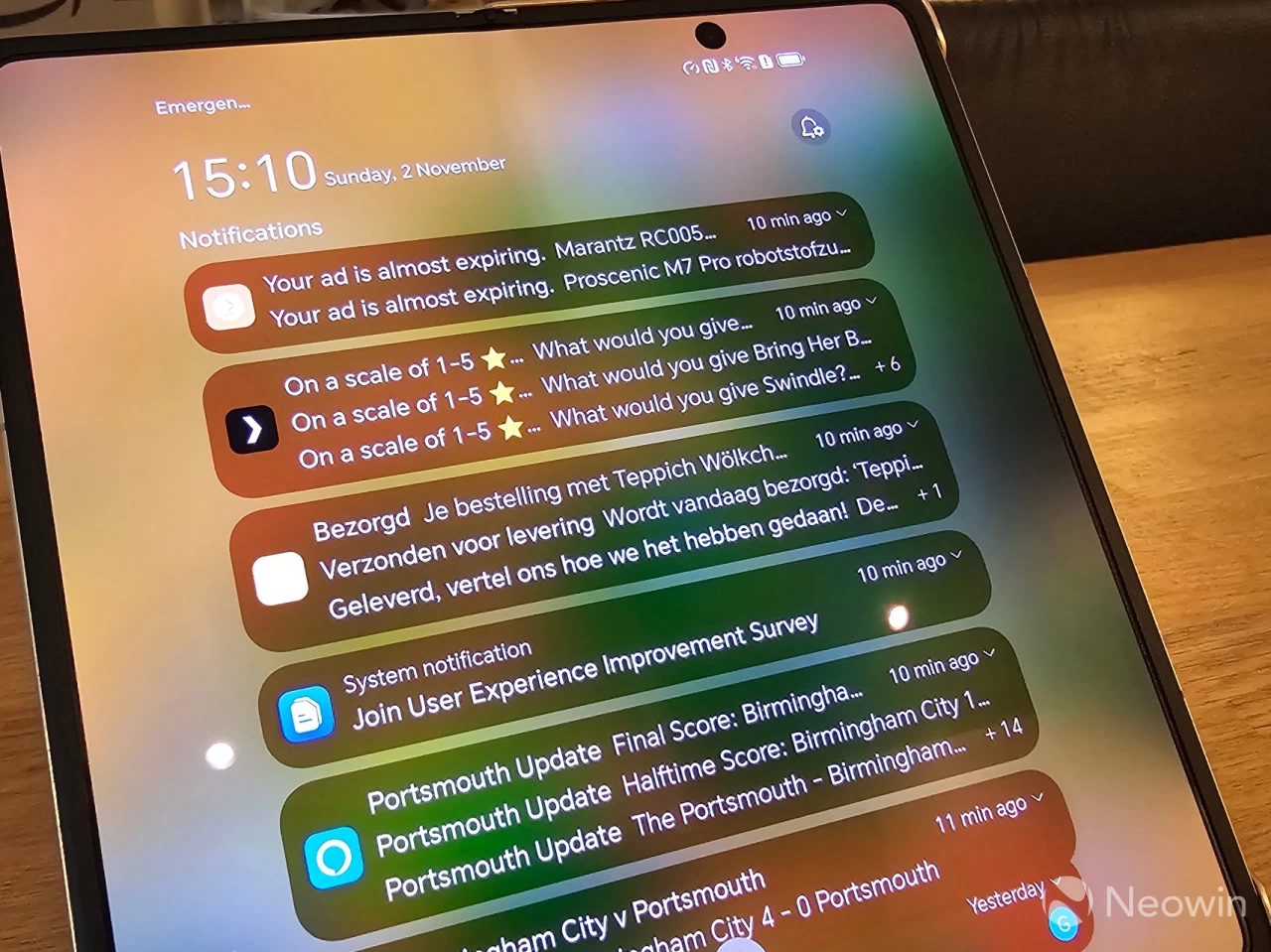UPDATE: Urgent concerns are rising among neighbors regarding a hazardous tree and unsatisfactory customer service from a local bakery. As community members voice their frustrations, immediate action is necessary to resolve these pressing issues.
Residents are grappling with a vacant rental property next door, where a **massive tree** poses a serious threat. A neighbor reports that the overgrown branches are encroaching on their property, raising fears of potential damage. This situation is particularly alarming as a tree from the same property once fell on their home, resulting in the cancellation of their **homeowner’s insurance**.
Local authorities recommend starting with the **local tax assessor’s office** to identify the property owner. By obtaining ownership information, residents can alert the owner about the imminent danger posed by the tree, or seek assistance from the housing authority. Many housing authorities have dedicated task forces for managing code violations, which could provide additional support.
In another pressing matter, a reader expresses frustration over the decline of traditional communication courtesy in the age of texting. They lament that direct questions often receive vague replies, such as emojis or simple “likes.” This issue strikes a chord in a society increasingly reliant on digital communication.
Experts suggest initiating conversations about preferred communication styles with friends and family. By clearly expressing the desire for meaningful responses, individuals can help foster better dialogue. When text messages fall short, a proactive phone call may be the solution to ensure important conversations are not lost in translation.
Additionally, a troubling incident at a local bakery has raised eyebrows among consumers. A customer, referred to as “One Smart Cookie,” received the wrong order, only to be offered a **discount** on a replacement. The bakery’s owner admitted that a mix-up with email addresses was to blame, yet the customer felt it was unfair to bear the cost of the mistake.
Consumer advocates emphasize that good customer service requires taking responsibility for errors. Instead of seeking additional payment, businesses should focus on retaining customers by rectifying mistakes promptly. After all, a small expense to fix an error can prevent losing a loyal patron.
These developments highlight critical issues affecting local communities and consumers alike. The urgency of addressing neighborhood safety and maintaining courteous communication reflects broader societal challenges. As these stories unfold, community members are encouraged to engage with local authorities and businesses to seek the resolution they deserve.
For continued updates on these urgent matters, follow Eric Thomas on Instagram and subscribe to his weekly newsletter at rericthomas.com.







